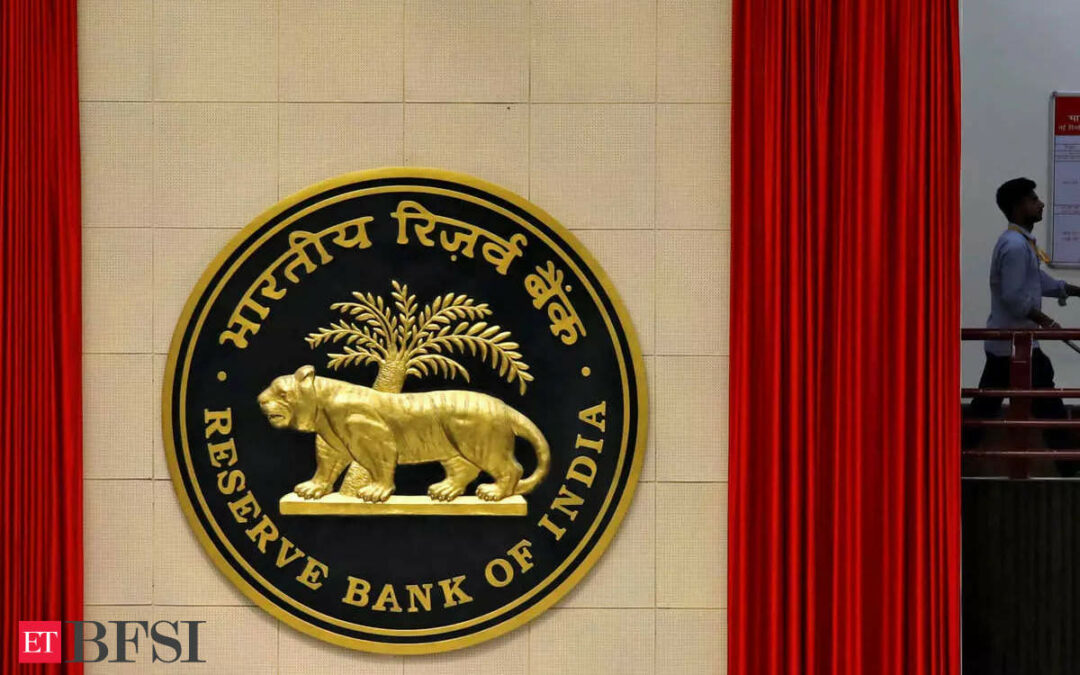Several banks and non-banking finance companies (NBFCs), including Axis Bank, Kotak Mahindra Bank, Bajaj Finance, and Piramal Enterprises, are adopting a cautious approach to growing unsecured loan segments, such as microfinance, personal loans, and credit cards after RBI raising risk weights. These institutions are seeing early signs of stress in certain customer segments, leading to a tightening of lending norms.
In the microfinance sector, Kotak Mahindra Bank has observed strain, particularly in specific regions, and expects this pressure to persist for the next two quarters. To mitigate risks, the bank has reduced its exposure to microfinance loans. Similarly, Axis Bank is closely monitoring its micro loan portfolio, implementing area- and state-specific risk management measures. Disbursals have slowed as a result.
Both banks have identified stress in their credit card businesses, with over-leveraging among certain customer profiles. In response, they are adjusting credit score thresholds and limiting spending limits to maintain credit quality. This caution comes at a time when overall unsecured retail asset exposure for these institutions has seen a marginal decline.
Bajaj Finance reported higher volumes and operational efficiencies in the second quarter of FY25, but loan losses remained elevated. A review of June 2024 data revealed that customers with three or more live unsecured loans had a higher likelihood of default and lower collection efficiencies. In light of this, Bajaj Finance has further tightened its underwriting criteria for such customers, a move echoed across other NBFCs.
Piramal Finance has also seen an uptick in slippages from unsecured credit, with borrowers increasingly showing signs of over-leverage. The company has adjusted its approval rate for unsecured loans to minimize risks and maintain credit quality.
End of boom
This shift marks the end of a high-growth phase in the unsecured retail loan market, a segment that surged after the global financial crisis. In response to rising risks, the Reserve Bank of India increased the risk weight on banks’ exposure to consumer credit and credit card receivables in November 2023, contributing to a moderation in loan growth.Despite these proactive measures, a report by Moody’s has warned that delinquencies in retail loans could rise over the next two to three years as these loans mature, though they are expected to remain below pandemic levels. The report highlighted that the rapid growth in unsecured loans in recent years has introduced new risks, with some borrowers potentially struggling during an economic downturn.
While delinquencies in retail loans for banks and NBFCs have decreased over the past year, from 1.4% to 1.2% for banks and from 4.1% to 3.1% for NBFCs, industry experts remain cautious about the road ahead.











